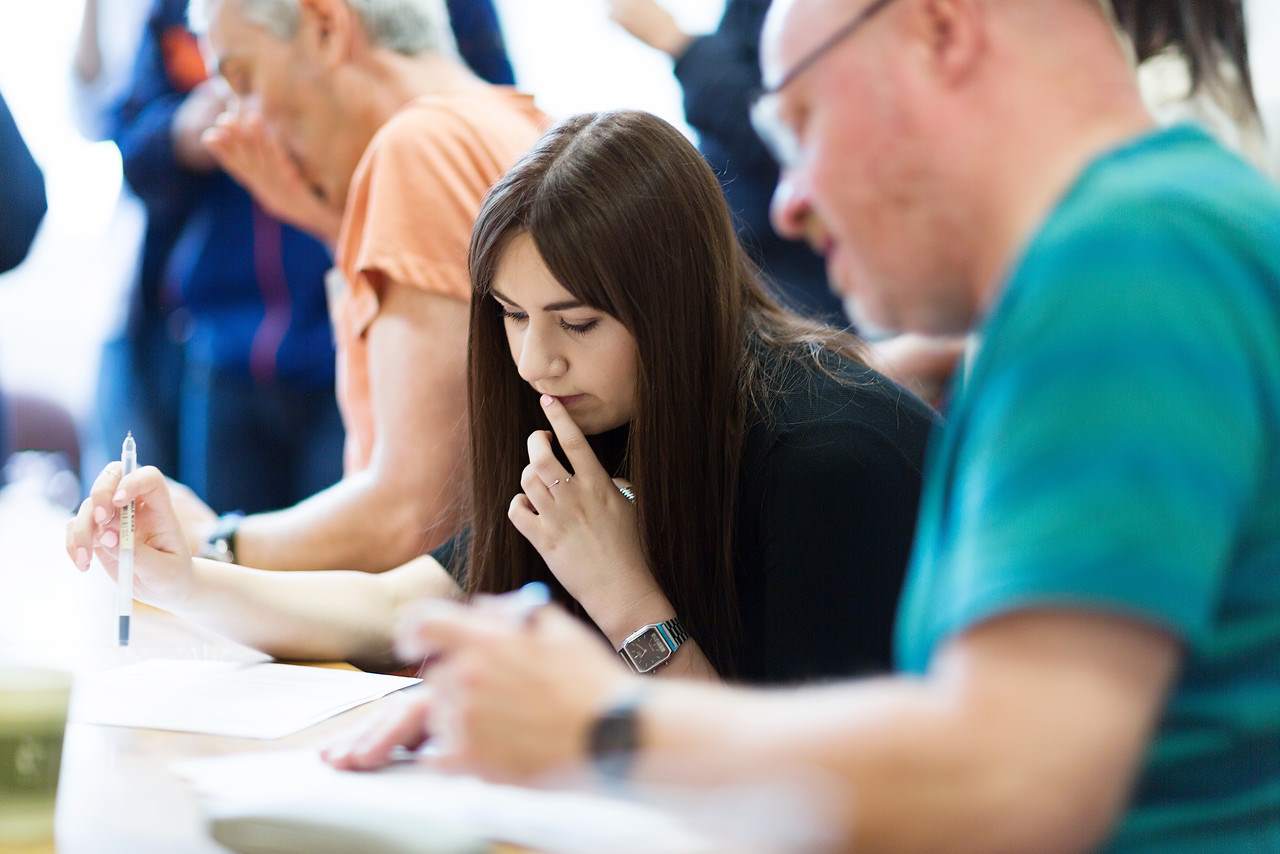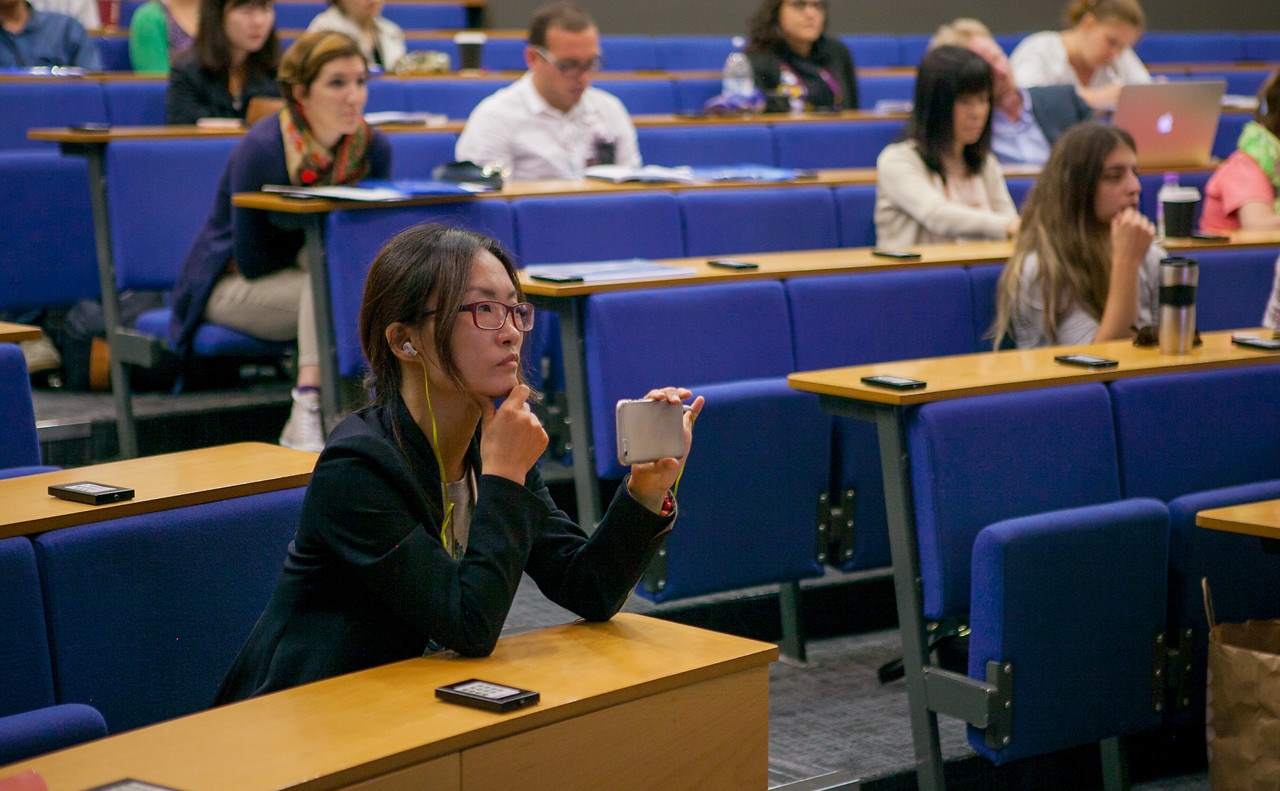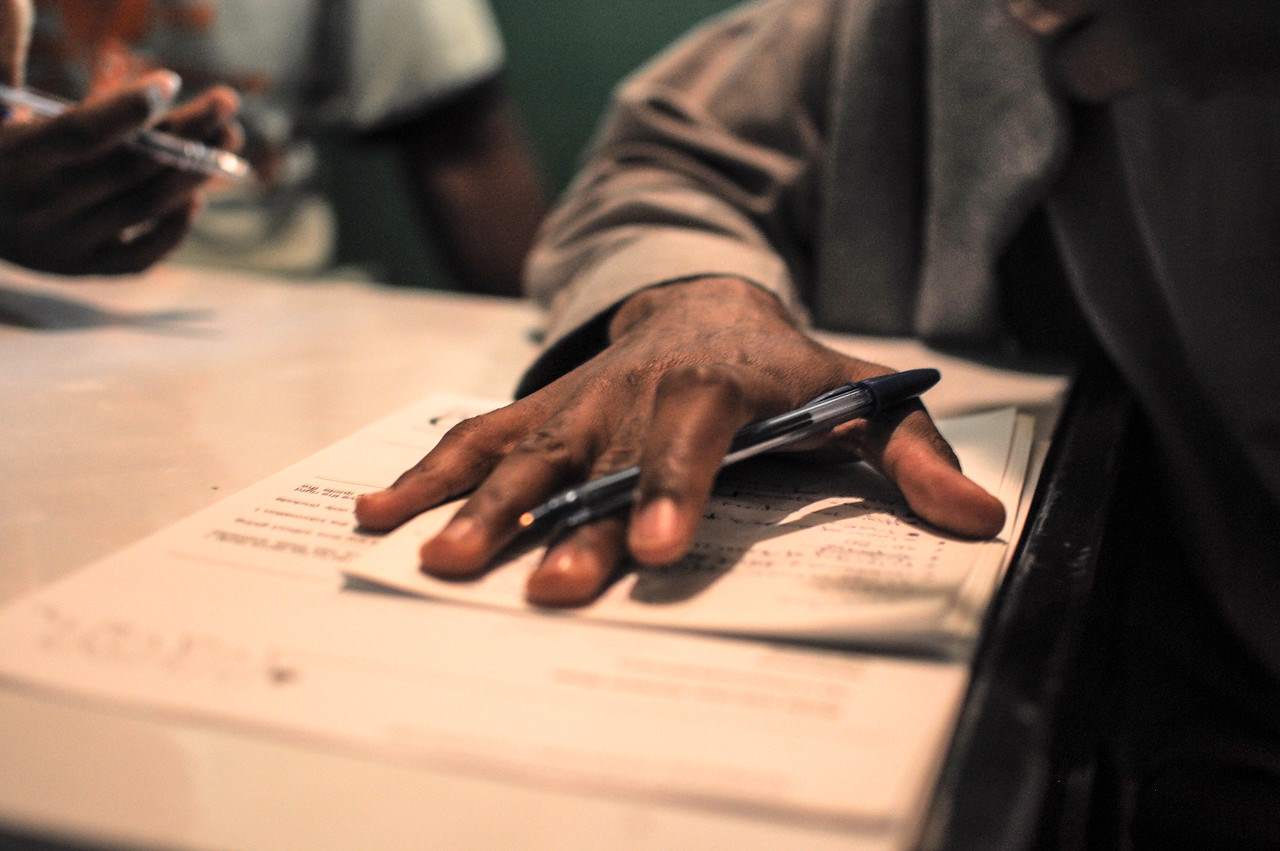Internationalisation of HE as a public good: a comparative study in four national systems

The aim of this project was to examine inward student mobility and how it related to the production of national and global public goods in four countries: France, the UK, Japan and China.
About this project
There is a potential for tension between the free mobility of students, which is a global public good, and national public goods – such as managed migration (targeted to persons identified as economically useful and/or limited in volume), and national security.
In order to optimise the benefits of internationalisation as a public good (whether a global and/or national good), it is necessary to understand it in context. This project analysed four countries which offer sharply contrasting examples: the UK, France, Japan and China. Among the four countries there were striking differences in both political cultures that affect higher and international education, and in the regulation of migration.
The project enabled a better understanding of synergies and tensions between:
- national migration policy and international higher education, especially cross-border student mobility;
- economic growth and global competitiveness as national public goods, and educational internationalisation as a national public good;
- national social equity, global social equity, and the internationalisation of higher education, especially cross-border student mobility;
- national public goods in education and other areas, and global public goods that are, or can be, furthered by international student mobility and/or other forms of internationalisation in higher education.
The project also examined how policy relating to student mobility connects to:
- ‘soft power’;
- recruitment of global talent and the building of world-class universities and research capacity;
- revenue generation through education exports;
- intercultural learning and the building of national facilities in global English;
- educational ‘modernisation’ and improvement.
The project will generate new understandings of global and national public goods, and new insight into the dynamics of global relations in higher education, including the limits and potentials of the nation-state and the potentials of both national political regulation and democratic forms in the global setting.
Project methods
The four national case studies included:
- Investigation of internationalisation policies, programmes and perspectives, and synergies and tensions with other national and global public goods, in two contrasting universities in each country.
- Interviews in universities included vice-chancellors/rectors/presidents, executive leaders responsible for internationalisation and related matters, administrators handling international students, research professors in the same two disciplines in each university (TBA), international students.
- Investigations in those parts of government responsible for aspects of internationalisation of higher education (especially international student policy and regulation), and related public good areas – including migration and population policy, national security, economic development, research and innovation, trade and export.
- Approximately 30 semi-structured interviews per country, including about 10 in each university, and 10 in government and national organisations focused on higher education.
- Collection of appropriate documents related to government policy and regulation, and HEI policy and regulation in relation to internationalisation.
The project ran from January 2017 until September 2019.
- 2017: Interviews in Japan and China.
- 2018: Interviews in the UK and France.
- 2019: Final project seminar.
Team
Thomas Brotherhood is an Assistant Professor at Rikkyo University in Tokyo and completed a CGHE DPhil in 2020.
Publications
CGHE working papers
- Inward international students in China and their contributions to global common goods (CGHE working paper 46, Lin Tian and Nian Cai Liu, March 2019)
- How are the public goods of internationalisation of higher education viewed in Japan? (CGHE working paper 36, Futao Huang and Kiyomi Horiuchi, June 2018)
Additional publications
- Tian, L. and Liu, N. C. (submitted). Inward international students in China and their contributions to global common goods.
- Marginson, S. (in press, 2020). International students in UK: Global mobility versus national migration politics. In C. Callender, W. Locke and & S. Marginson (eds.), Changing Higher Education for a Changing World. London: Bloomsbury.
- Brotherhood, T. (2019). International student migration in Japan: Considering the life course in a new migration pathway. Daigakuronshuu, 51, 33-48.
- Huang, F. and Horiuchi, K. (2019). The public good and accepting inbound international students in Japan. Higher Education.
- Staying Ahead – Are International Students Going Down Under? (Higher Education Commission Report, September 2018)






